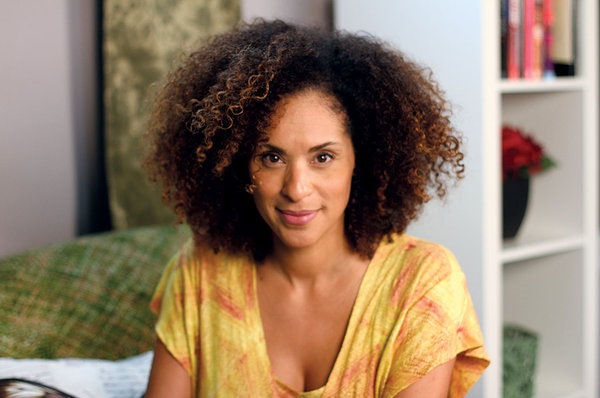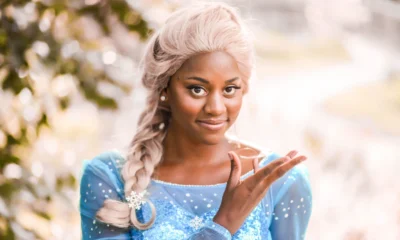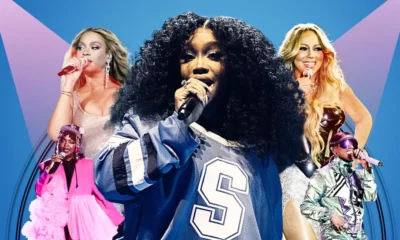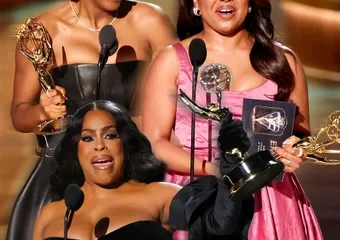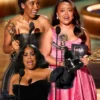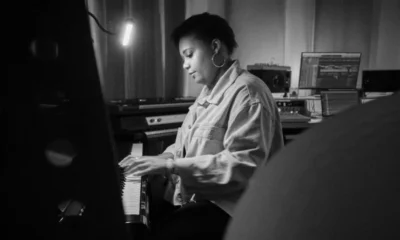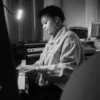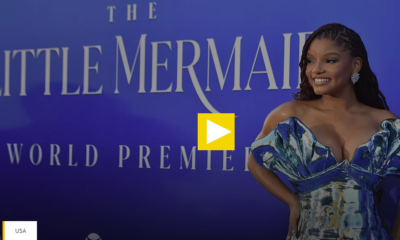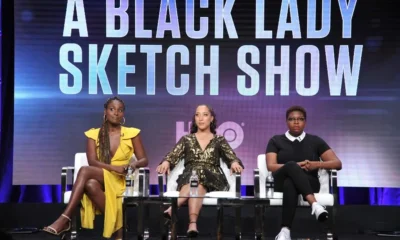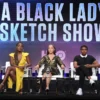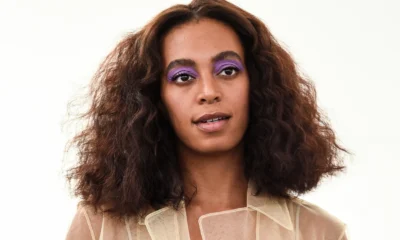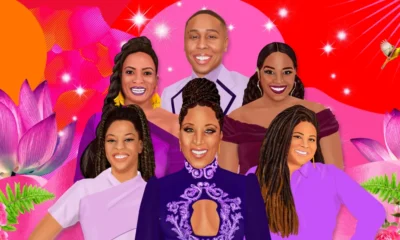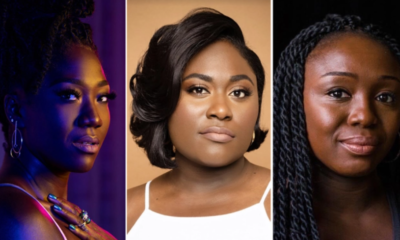Black Women in Entertainment
Black innovators shine through history in these animated films for kids
An enslaved man who mailed himself in a box to freedom across state lines. A ballerina of color who asked to paint her face white. An inventor whose creations include the traffic signal and oxygen mask.
These are not works of fiction but true tales of American history brought to the screen by Sweet Blackberry, an organization that tells overlooked and little-known stories of African American accomplishments to children through animated short films.
In 2014, ethnic minorities constituted the majority of children under 5 for the first time, according to the U.S. Census Bureau. And in 2015, ethnic minorities under age 18 constituted 48.5 percent of the U.S. population, according to nonpartisan research organization Child Trends.
But children of color have historically received little representation in animated films, with early ones often portraying black characters as aggressive or unintelligent. In a 2016 analysis of the top-viewed cartoons among children ages 6 to 12 by the Children’s Television and Language Project at Tufts University, characters of color only held 17 percent of speaking roles.
On average, kids consume over seven and a half hours of media per day, with the numbers even higher among black and Hispanic children, according to the Kaiser Family Foundation.
And they deduce information about themselves and others — such as what possible career options are — based on the identities of characters they see on screen. TV consumption strengthens white boys’ self esteem while decreasing that of white girls, black girls and black boys, perhaps because of a lack of positive role models in media, a 2012 study found.
The under-representation of people of color and women on film and television shows mirrors the lack of representation behind the scenes. The 2015 Hollywood Diversity Report from the Ralph J. Bunche Center for African American Studies revealed that white people and men dominate executive positions at television networks and film studios, with minorities directing 17.8 percent of the 174 films from 2013 that the report reviewed.
Sweet Blackberry founder Karyn Parsons, who played Hilary Banks on the popular show “The Fresh Prince of Bel-Air,” seeks to combat this underrepresentation. Her organization’s latest project, “The Bessie Coleman Story,” will feature the first female African American and Native American pilot. The short film recently completed its fundraising campaign on Kickstarter, and Parsons expects it will be released in February 2018.
We spoke to Parsons to find out how Sweet Blackberry, which also hosts workshops for students, makes history relevant to kids and seeks to change the conversation on race and history.
How do you make these stories speak to children?
I think meeting them where they are is really important, not just preaching, “This is important, you should know it.” The people and their achievements are important but what is equally important is that you’re able to be heard.
Why do you think these stories are important today?
The risk of them being lost. As more time goes and they’re pushed to the wayside and textbooks are rewritten and things are omitted for whatever reason, I think that’s really dangerous and we risk losing the stories and people’s contributions and what the truth of history was entirely.
I also think that right now more than ever a lot of young people are feeling very small, very helpless, and a lot of parents are feeling very confused, angry, small and helpless … so we bring stories like the Bessie Coleman story, someone who in [the] 1920s as a black …
Please read original article- Black innovators shine through history in these animated films for kids



